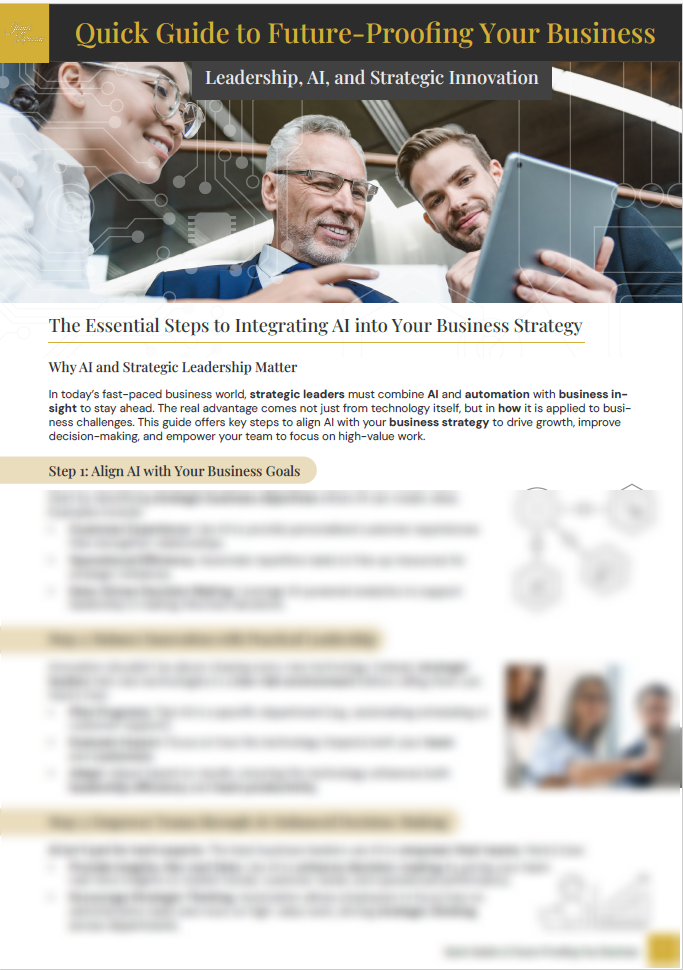What is Impostor Syndrome?
Impostor Syndrome (IS) is a psychological pattern where individuals doubt their skills, talents, or accomplishments and have a persistent internalized fear of being exposed as a fraud. Despite evident success, those experiencing impostor syndrome often attribute their achievements to luck or external factors rather than their competence. This phenomenon is particularly prevalent among high-achieving individuals and can lead to chronic self-doubt, anxiety, and depression (Phys.org) (Verywell Mind).
Common Characteristics
People with impostor syndrome typically exhibit several key traits:
-
- Inability to Realistically Assess Competence: They often underestimate their skills and accomplishments.
-
- Attributing Success to External Factors: Achievements are seen as a result of luck rather than ability.
-
- Berating Performance: Persistent self-criticism and dissatisfaction with one’s performance.
-
- Fear of Not Living Up to Expectations: Constant anxiety about failing to meet others’ expectations.
-
- Overachievement: Setting extremely high goals and feeling disappointed when they fall short (Verywell Mind).
My Personal Experience with Impostor Syndrome
My journey has been riddled with the symptoms of impostor syndrome, often exacerbated by my overachieving nature. Throughout my career, I have pushed myself beyond typical limits, always striving for exceptional performance. For example, while working at a company during the 9/11 disaster, I managed to start up and sell new projects to five companies in just three months—an achievement that usually takes 5-9 months for just one project. Following 9/11, while the world paused in uncertainty, I increased my efforts, undertaking 200 flights per year, amounting to 400 flights in two years—a truly insane workload.
Despite such accomplishments, the impostor syndrome made me feel like I wasn’t doing enough. Friends doubted my stories, and my wife at the time thought I was cheating because of my work intensity. Employers and recruiters often looked at me skeptically, doubting the veracity of my performance and productivity. This led to a cycle of isolation, overperformance, and further self-doubt (IMD Business School).
Coping Strategies and Insights
Understanding and managing impostor syndrome involves several strategies:
-
- Acknowledge Your Feelings: Recognize and admit your feelings of impostorism. Understanding that it’s a common experience among high achievers can be the first step toward overcoming it.
-
- Reframe Your Thoughts: Shift your mindset from self-doubt to self-acceptance. Acknowledge your achievements as a result of your hard work and talent.
-
- Seek Support: Sharing your experiences with trusted friends, mentors, or a therapist can provide validation and new perspectives.
-
- Set Realistic Goals: Break down large tasks into manageable goals and celebrate small wins to build confidence.
-
- Practice Self-Compassion: Being kind to oneself and acknowledging the hard work that goes into achievements is crucial.
Reflecting on My Achievements
One significant milestone in my career was earning a Seal of Excellence from the EU for innovations in fintech. This recognition was a testament to years of hard work and dedication. However, even with this accolade, I struggled with self-doubt. I constantly questioned whether my success was deserved or merely a result of being in the right place at the right time. What no one knows is the struggle with very long working hours. Sometimes I had almost no social life, with my only outlet being sports. I know that sports are my way of coping with a very heavy workload. I simply adore nature—the birds, the sunshine, the walks, my road cycling, and much more.
In my early days when I earned my master’s degree in engineering, I completed the program in almost half the usual time. The reason for this is not widely known until now. I failed the first two years; I simply couldn’t get enough points on the exams to continue. Much of this was due to my history of being bullied, self-doubt, and a lack of understanding about how to study effectively at the university level. My parents even advised me against pursuing a degree, believing it was unnecessary. Despite everything being against me, I decided that I didn’t want to stay in the industry where I was working, so I needed to get my act together and study.
I devised a plan to take 4-5 exams every exam period, which in Sweden occurs every 6-12 weeks. This meant an insane workload. I simulated exam conditions by alternating between subjects in the weeks leading up to the exams. At the same time, I worked incredibly long hours. I would start studying at 4-5 in the morning, finish at 2 pm, and then engage in sports activities. Once again, my upbringing and sports saved me, as they always have. Sports keep me grounded and balanced, even during periods of intense workload.
So, while the accomplishment of completing my degree in half the time might seem fantastic, it came with a very tough side. I almost sacrificed myself to succeed. Despite these extraordinary feats, impostor syndrome made it difficult to internalize my success, leading me to constantly seek validation through further achievements (IMD Business School).
What I learned from this is that intense dedication can lead to remarkable outcomes, but it’s crucial to balance ambition with self-compassion. Acknowledge your hard work and set realistic limits to maintain your well-being.
Embracing Diversity and Excellence
In today’s discussions about diversity and inclusion, it’s important to acknowledge and accept various identities, including different genders, orientations, psychological challenges, skin tones, and historical contexts. What I am trying to say is that people with a drive to excel must also be accepted. It is not fair to dismiss them as liars or unsuitable for a job because they are high achievers. A wise employer and a wise friend can see through this and create an environment where these unique skills can be utilized.
I’ve had to learn this myself and understand who I am. I had to experiment with different settings to see what I was doing. What I found is that I simply love inventing things, improving processes, and helping people achieve change and improve what they do. This has nothing to do with earning money or adhering to rules, but simply the joy of seeing happiness in a human I can help. One of my friends once said, “You love taking apart the bike to understand why it is squeaking and fix it.” This perfectly describes my drive. It is crucial not to dismiss people with impostor syndrome but to understand that they are actually on your side, striving to contribute and not trying to overshadow others.
Of course, I have failed at times too. What is important to understand is that failing is the only point in time you truly learn. You do not learn anything by floating the boat when it is calm waters. You learn immensely when you face chaos, storms, and crashes.
The key takeaway here is to foster an inclusive environment where everyone’s strengths are recognized and valued. Encourage open communication and support, allowing high achievers to flourish without fear of judgment or dismissal.
Conclusion
Impostor syndrome is a pervasive issue that affects many high-achieving individuals. It often manifests as chronic self-doubt, anxiety, and an inability to internalize success. However, it is essential to understand that those suffering from impostor syndrome are not bragging or telling insane stories. Instead, they struggle to see their achievements as sufficient and often feel compelled to overperform to prove their worth.
For many, the drive to achieve extraordinary results is not about outdoing others but about meeting their own high standards and overcoming their internal sense of inadequacy. They may work at an intense pace, pushing themselves to deliver far more than what is expected, not because they want to boast, but because they feel it is necessary to validate their competence.
My journey highlights the importance of resilience, self-awareness, and the continuous pursuit of personal growth. By sharing our stories and supporting each other, we can mitigate the impact of impostor syndrome and foster a healthier, more confident approach to our achievements. It’s about learning to say “stop, this is good enough” and recognizing that our worth is not solely defined by the quantity or magnitude of our accomplishments.
Through understanding, compassion, and effective coping strategies, we can help those affected by impostor syndrome see their true value and contributions, not as exaggerated tales but as genuine reflections of their hard work and talent. By fostering an environment where achievements are celebrated and self-doubt is addressed constructively, we can help high achievers thrive without feeling the constant need to overperform.
Thank you for reading my story. I hope it inspires you to embrace your journey, acknowledge your worth, and seek support when needed. Together, we can overcome impostor syndrome and achieve our true potential.
This post is building on my first article


